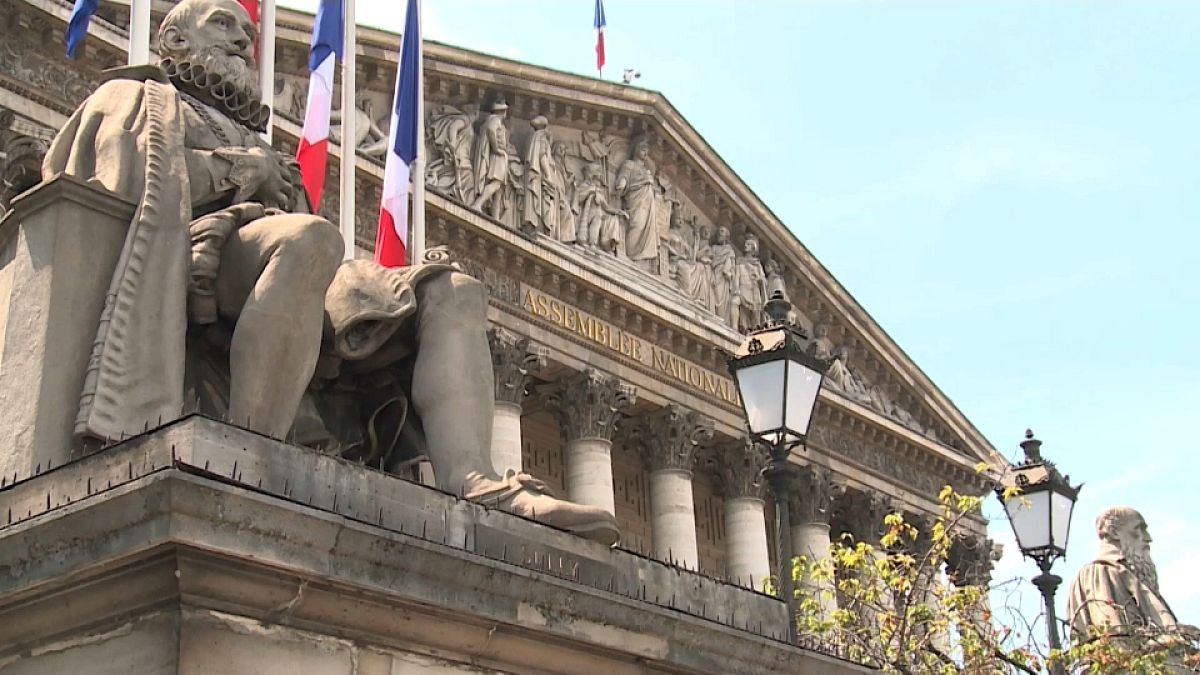Nominating a prime minister in France will not be enough to resolve the current political crisis. French President Emmanuel Macron is facing a dilemma as he struggles to find someone who can rally enough votes to carry the National Assembly, unifying the centre. Macron’s pick will then have to survive a no-confidence vote from the 577 MPs, making the process even more perilous. If the prime minister is overthrown, it would be seen as a failure directly attributable to Macron.
The National Assembly is currently divided into three near-equal blocs: the left-wing coalition New Popular Front (NFP), Macron’s centrist group, and the far-right National Rally. None of these blocs can reach the absolute majority of 289 seats without the support of at least part of another camp. Macron has been going through a number of different candidates in an attempt to find someone who can garner enough support. The president is facing pressure from all sides, with each bloc unwilling to form a coalition with the others.
Multiple names have been circulating as potential candidates for prime minister, including Bernard Cazeneuve, Xavier Bertrand, and Thierry Beaudet. However, each candidate comes with their own challenges and obstacles. Macron will need to carefully consider his choice to ensure the survival of the future head of government in a precarious political landscape. Michel Barnier has emerged as the latest contender for the position and could potentially bring a fresh perspective to the table.
Despite Macron’s constitutional allowance to take his time in nominating a prime minister, two crucial deadlines are rapidly approaching. France must submit its proposals to slash public spending to the EU by 20 September, with the possibility of an extension until October. Compliance with EU rules would require France to make significant budget cuts in 2025. The country’s 2025 budget plan must also be presented to the National Assembly by 1 October, adding further pressure on Macron to make a decision.
Macron’s handling of the prime minister nomination process will have significant implications for the future of French politics. The president has put himself in a position of responsibility by vowing to find a prime minister who can survive a no-confidence vote. The outcome of this process will not only impact Macron’s credibility but also the stability of the government and the country as a whole. As Macron navigates this challenging political landscape, the stakes are high, and the need for a decisive and strategic choice is more critical than ever.
In conclusion, the nomination of a prime minister in France is just the beginning of a complex and challenging political process. Macron’s choice will need to be strategic and carefully considered to ensure the survival of the future head of government in a divided National Assembly. As deadlines approach and pressure mounts, Macron’s handling of the situation will have far-reaching consequences for the country’s political landscape. It remains to be seen how Macron will navigate this challenging period and whether he will be able to find a candidate who can unify the centre and lead France into a new era of stability and progress.











